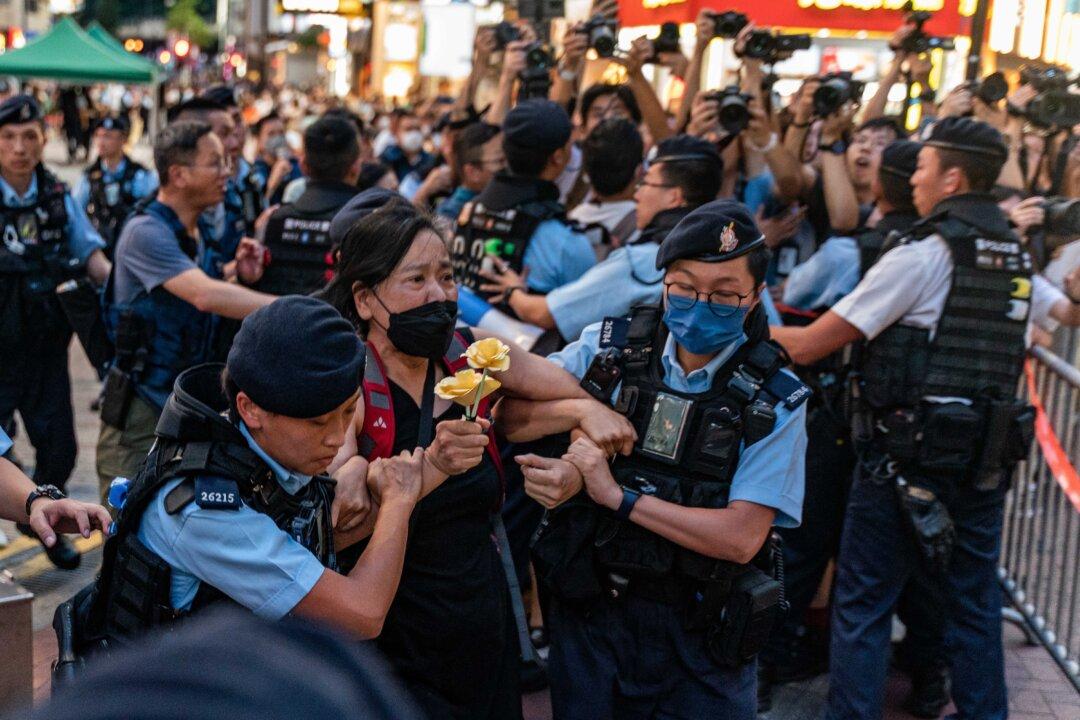A survey jointly conducted earlier this year by Dr. Gary Tang Kin Yat, Associate Director of the Centre for Public Policy Research at Hang Seng University of Hong Kong, and Dr. Samson Yuen Wai Hei, Associate Professor of Political Science at the Department of Government and International Studies, Hong Kong Baptist University found 30 percent of Hongkongers have no intention to emigrate, main reasons being “family and friends” and “sense of belonging to the place.”
Dr. Tang wrote about the survey in a local Chinese language newspaper Ming Pao last week, pointing out that some respondents who indicated no intention to emigrate simply want to earn more money or be with loved ones; their reasons for staying behind may not be directly linked to any emotional attachment to Hong Kong.




